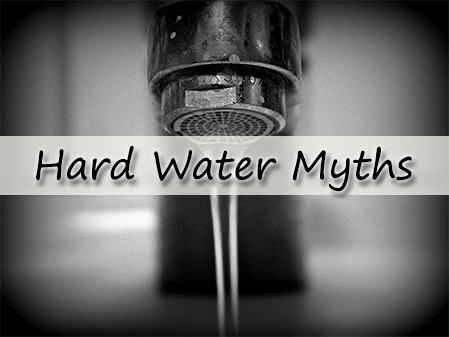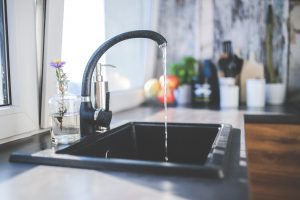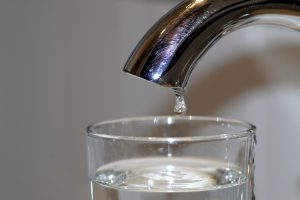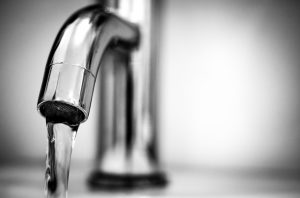Take a minute to look inside the tank of your toilet, what do you see? Do you see a collection of rust, sediment, and/or sand? That same collection of debris is accumulating inside your plumbing and water heater. It is pretty standard to assume that when any mechanical system in your home becomes saturated with gunk build up the quality of the system and the products of the system are compromised. The goal for homeowners is to avoid situations where this occurs. One way this happens is with the installation of a whole house water filter.
When a whole house water filter is installed it can act as a barrier that quietly protects your home. A filter will prevent crud from settling into the systems throughout your home such as the toilet, water softener, and hot water tanks.
Benefits of Installing a Water Filter System for Your Home
Layered Protection
With the installation of a whole house water filter system you are layering the protection to your appliances. You are preventing the sediment from reaching your appliances, plumbing, water softeners, toilets, and such. Many appliances have small plastic and rubber pieces that are used in the use of different household appliances. Small amounts of debris will damage seals in appliances over time. When a seal becomes damaged it will leak and as we all know this ends up costing us time and money. A filter removes the gunk such as sediments, debris, dirt, and gunk in general. For homeowners there is an increase in appliance longevity and a piece of mind that your equipment will be reliable for longer.
Eliminate Unexpected Water Surprises
Both city and well water sources can become compromised from unexpected elements in the system. When this occurs homeowners can receive quite the surprise at the tap.
City Water Issues
- Water Main Break
- Hydrant Flush
- New Construction and New Water Connections
All of these events will knock iron and sediment buildup into the water supply. This in turn creates sludge, orange water, and dirt from coming into your home.
Well water quality is affected by outside sources as well. The quality of the water can change from season to season.
A whole house water filter helps to remove the iron that exists in some water sources. When a water filter is installed the iron in the water is filtered out. This helps to prevent the staining that occurs on laundry, appliances, faucets, and more.
Filter Operation and Maintenance
Filtration systems function without electricity, without salt, and without waste. There are no controllers to worry about, batteries to change, or clocks to reset. In fact, whole house water filtration systems are simple to install and can be added to any water treatment system. In order to properly maintain a filtration system for your home you will be required to change the filter periodically. The number of times a filter needs to be changed depends on the quality of the filter, use, and the filters rating.
When choosing a filter consider the following: the physical size of the filter, the Micron rating, flow rate, and filter life. Larger filters naturally have more surface area which often means that they last longer, increase the quality of the water and water pressure. Larger filtration systems are needed in homes with more than two family members.
The experts at Reynolds Water Conditioning have a solution to your homes unique water quality needs including: arsenic, bacteria, chlorine, rotten egg smell, fluoride, hard water, iron, lead, acid, tannins, radon, and more. More information on our water treatment solutions including water softeners and conditioners, water filtration and purification, reverse osmosis drinking water, and iron & odor removal can be found online at https://reynoldswater.com.




